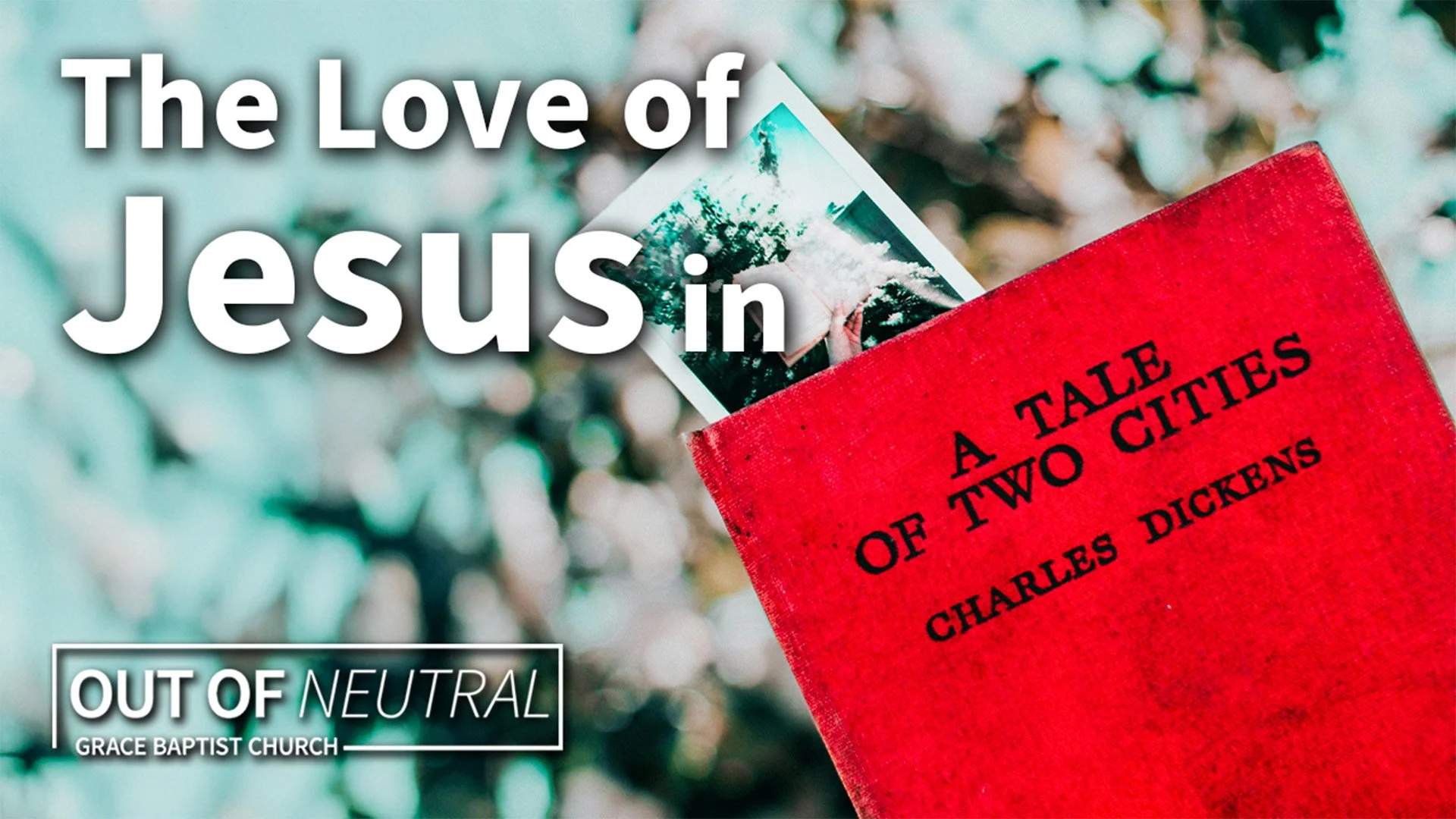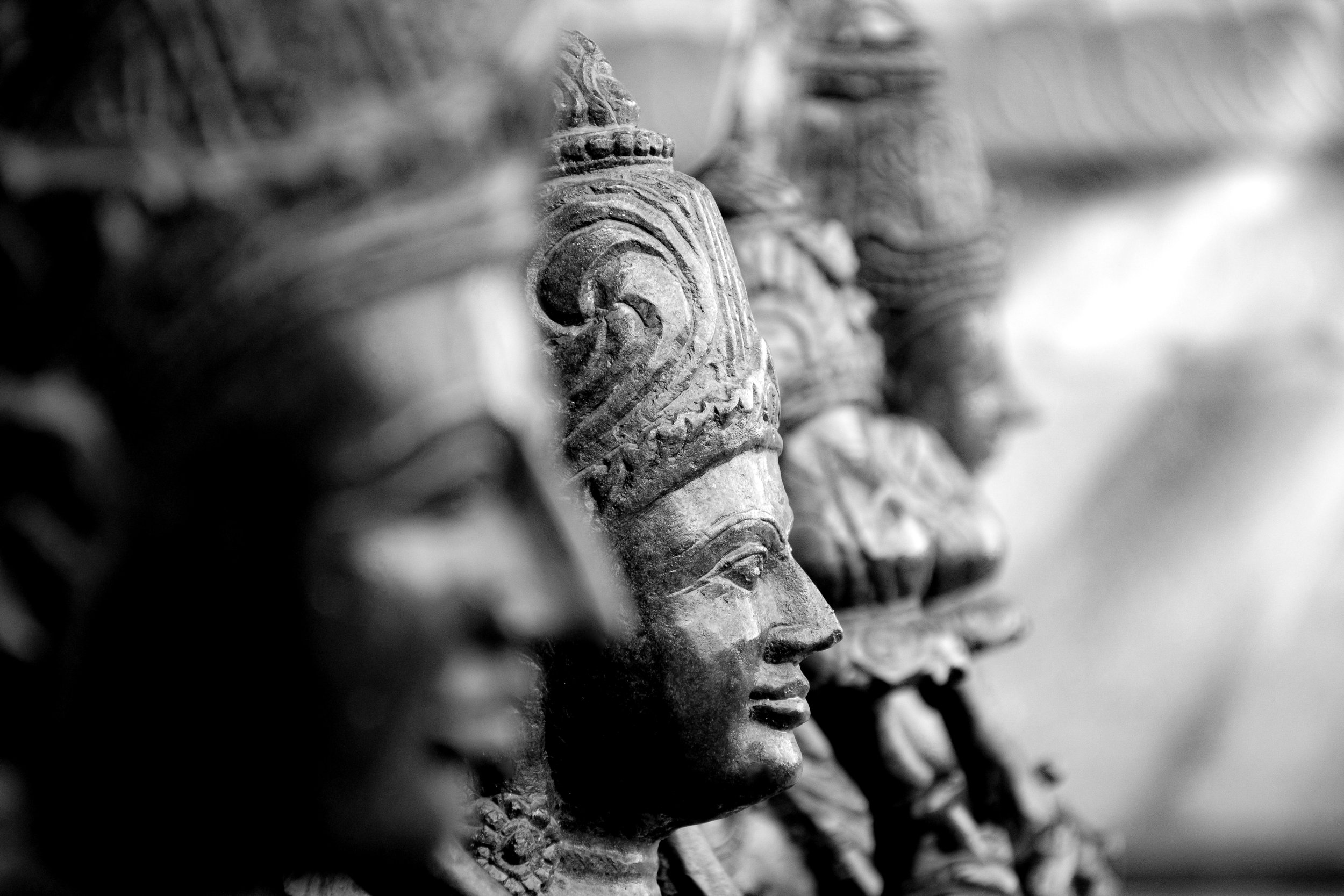“A Tale of Two Cities” is Charles Dickens’ most famous work and possibly the best-selling novel of all time. Set against the backdrop of the French Revolution and dealing with the class struggle of eighteenth-century France, it is, at its heart, a beautiful love story.
An English legal aide named Sydney Carton is in love with Lucie Manette. Her heart, however, is given to a man descended from the French aristocracy, named Charles Darnay. Darnay marries Manette and they begin a happy life together in England until he returns to Paris. There, he is swept up in the arrests of the French Revolution and thrown in prison.
Shortly before his execution though, Carton manages to slip into the prison, drug Darnay, exchange clothes with him and has him sent out of the prison with his identification papers. It’s an incredible act of self-sacrifice because, with Darnay out of the way, he might have been able to renew his love for Lucie. Knowing, however, that she loved Darnay, he gave his life in love and set another free. The novel ends with the death of Carton by guillotine. This story pictures, perhaps better than any other, the incredible message of the Bible.
1. Jesus’ love for us is shown primarily in His death for us
Most people have heard at some point that Jesus died on a cross, but many people fail to grasp the sense in which He died “for us.”
The Bible says, “God shows his love for us in that while we were still sinners, Christ died for us” (Romans 5:8). The point is that Jesus’ death was the supreme act of love for us.
And it wasn’t because we were so lovable. Quite the opposite, even though we were sinners, with nothing to our credit morally, Jesus made the ultimate sacrifice for us.
His death on the cross was like Carton’s death by the guillotine to set Darnay free. It was like someone jumping in front of a bus to push us to safety. He acted like a presidential bodyguard, diving in harm’s way to take a bullet for us. And we didn’t deserve it.
The question remains though, why would anyone need to die at all?
2. Jesus died for us because we lived under a death penalty
We tend to go about our lives thinking that we’re good people and God smiles on us. But back in the garden, God warned Adam and Eve that they would face certain death if they turned their backs on Him and ate the forbidden fruit.
According to the Bible, all of us have followed them in their fateful decision. It says, for instance, that “all have sinned and fall short of the glory of God” (Romans 3:23).
The dilemma we all face then is that we live under the sentence of death, awaiting a final judgment where we will pay for the consequences of our choices. Jesus loved us and lived a sinless life so that by His death, He could take all of our sins upon Himself.
Jesus went to the guillotine that should have been reserved for us. Just as Carton took Darnay’s place at the execution, Jesus died for us.
3. Jesus took our penalty so that we could receive His reward
I wish that Charles Dickens would have written a sequel to The Tale of Two Cities. I would love to see the new life of gratefulness and self-sacrifice that Darnay would have lived when he woke up, a free man, in England. Having faced his death and been spared by a selfless act of love, I’m convinced that his life would never be the same.
The Bible talks about the new life that is made possible through Jesus’ death for us on the cross. In 1 Peter 3:18, for example, it says, “Christ also suffered once for sins, the righteous for the unrighteous, that he might bring us to God.” It reminds me of how Adam and Eve’s sin led to them being banished from the garden. Because Jesus paid the penalty for our sins, though, He can bring us back to God. The relationship is restored. And our lives are profoundly new.
In Romans 6:23, Paul writes, “the wages of sin is death, but the free gift of God is eternal life in Christ Jesus our Lord.” While our sin only earned us death, Jesus’ sacrifice for us makes the free gift of eternal life possible. The promise is of a new life where we’re in right relationship with God, our sins are forgiven, and we’re motivated by an impossibly selfless love that we receive despite our unworthiness. And this new life is called “eternal life” because, while it starts the moment we trust Jesus, it lasts for all eternity.
Charles Dickens wrote a great novel and a wonderful love story, but it’s only a shadow of the greatest love story. And the most amazing part of God’s love for us is that it’s not fiction. May that love fill you with hope and wonder as you reflect on it today.
In awe of Him,
Paul












